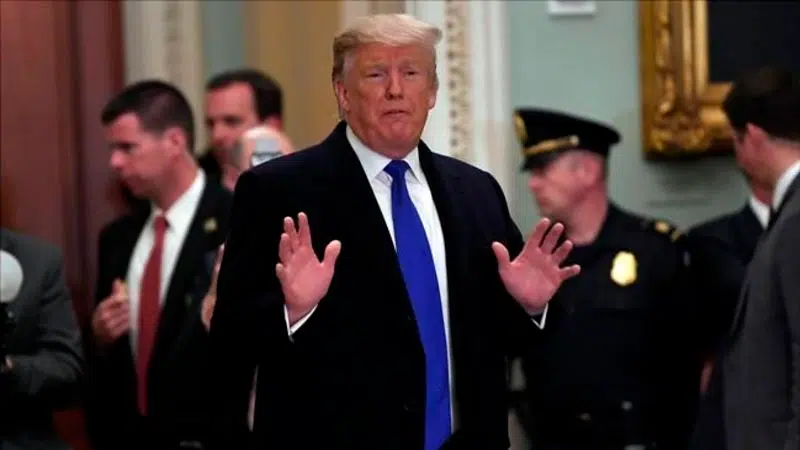
Trump border emergency survives as House veto override fails
WASHINGTON — The Democratic-led House failed Tuesday to override President Donald Trump’s first veto, salvaging his effort to steer billions of extra dollars to erecting border barriers and delivering a victory to the White House in a constitutional and political clash that’s raged for months.
Lawmakers voted 248-181 to overturn Trump’s veto, but that fell 38 votes shy of the required two-thirds margin. Just days after Attorney General William Barr announced that special counsel Robert Mueller had found Trump didn’t scheme with Russia to help his 2016 election, Tuesday’s vote bolstered Trump’s drive to build a wall along the boundary with Mexico, a hallmark of his 2016 presidential campaign and a priority of his presidency.
“Thank you to the House Republicans for sticking together and the BIG WIN today on the Border,” Trump tweeted. “Today’s vote simply reaffirms Congressional Democrats are the party of Open Borders, Drugs and Crime!”
